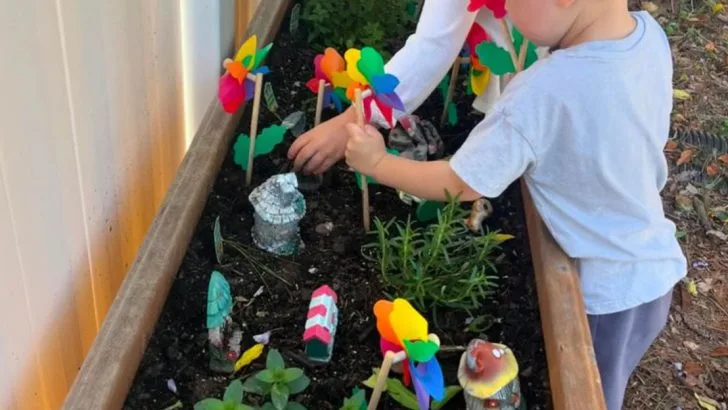At some point, I realized I was gardening more with my tools than with my senses. So I took off my gloves—just for one afternoon. That small act changed everything. Without the barrier, I began to feel the soil’s texture, warmth, and moisture, reading it in a way I never could through fabric.
My bare hands taught me when the compost was ready, where pests were hiding, and how a plant was doing just by the way its leaves felt. I discovered a new kind of connection—not just to the garden, but to my own intuition and pace as a grower.
In this article, I’ll share why I rarely wear gloves anymore, and how getting your hands dirty can make you a more observant, responsive, and grounded gardener.
The Sensory Connection
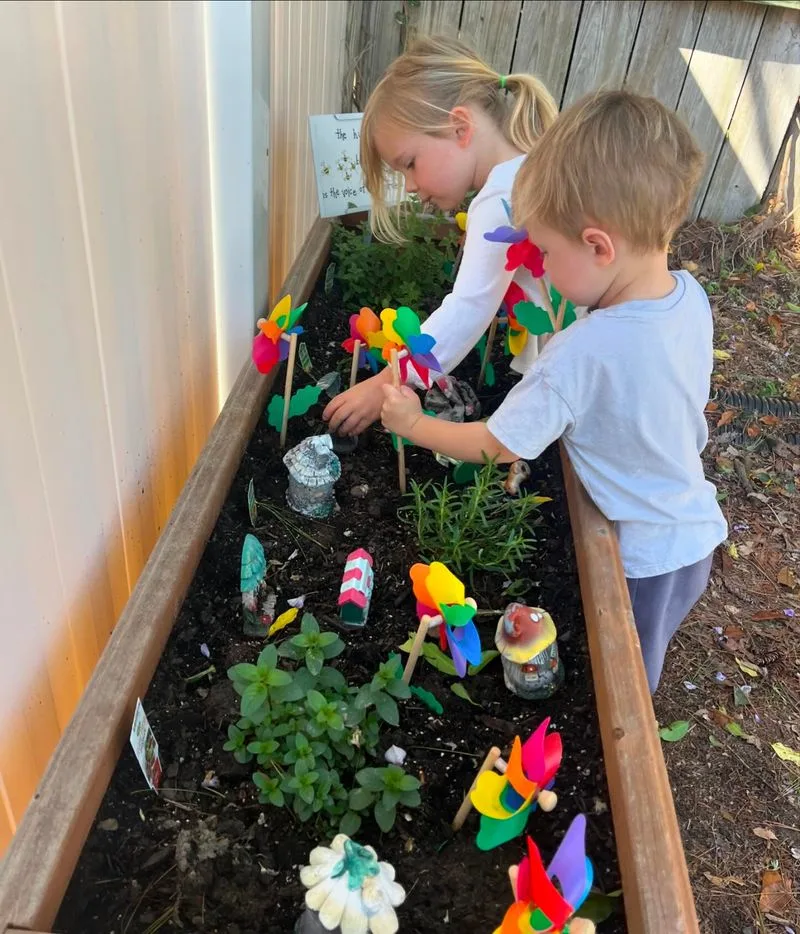
Gardening without gloves opens a world of textures and sensations. Hands become the ultimate tools, feeling every granule of soil and every root. It’s like reading the garden’s diary. The tactile feedback is immediate and intimate, providing clues about moisture and soil health.
This connection fosters a deeper understanding of the plants and their needs. Experiencing the garden through touch adds a dimension that gloves simply can’t provide. The sensory connection transforms gardening into a mindful, almost meditative practice, allowing for a richer interaction with nature.
Discovering Soil Health
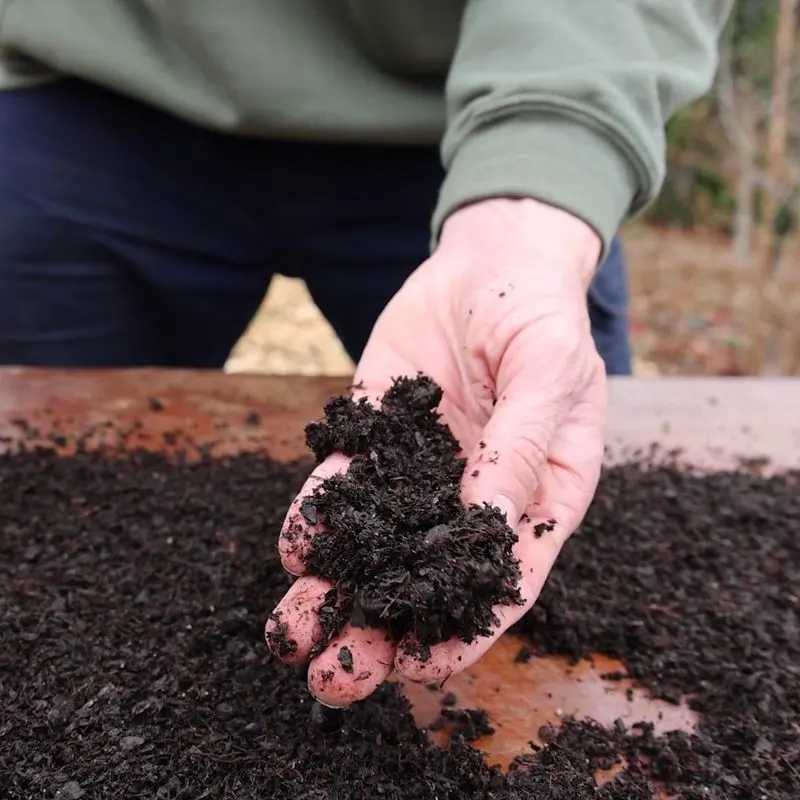
Without gloves, the hands become sensitive instruments for gauging soil health. The texture, moisture, and even temperature can reveal much about the garden’s condition. Feeling the soil’s pulse allows for more responsive care.
These insights often lead to better gardening decisions, such as when to water or add nutrients. It’s an organic form of communication, where the soil speaks and the gardener listens. A tactile relationship with the earth fosters a more intuitive approach, enhancing both the health of the garden and the gardener.
Building Resilience
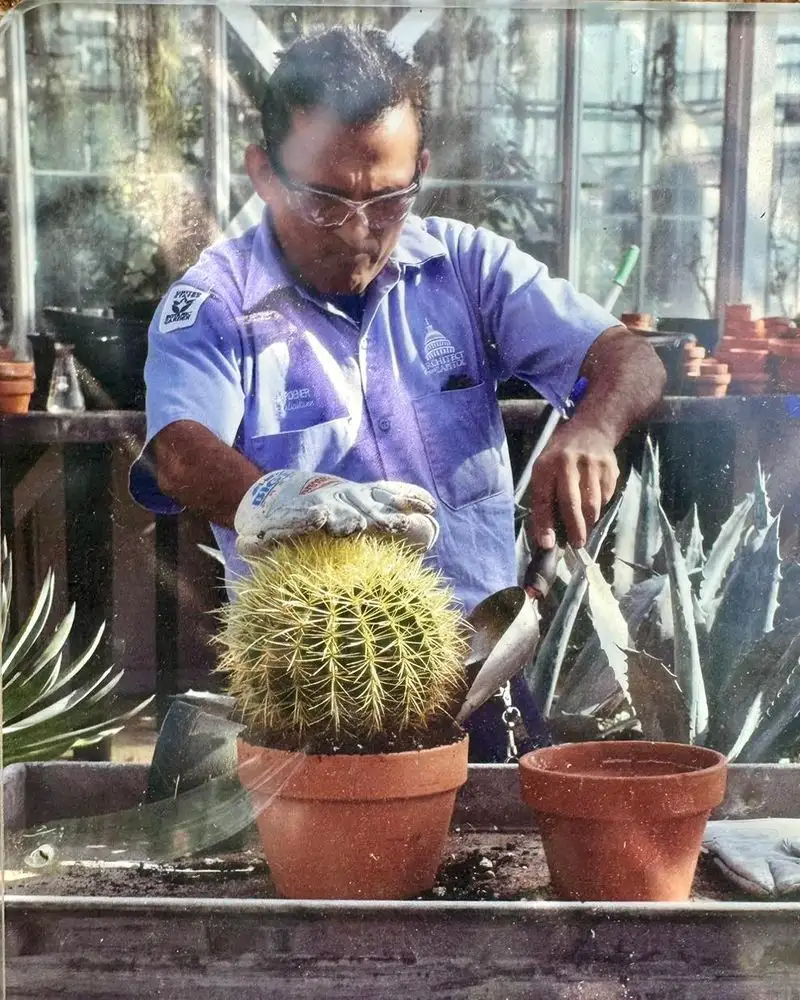
Working without gloves builds a unique kind of resilience. The skin adapts, becoming tougher yet more attuned to the garden’s micro-environment. This resilience isn’t just physical; it mirrors the mental stamina developed through gardening.
Gardening with bare hands teaches patience and persistence, qualities that extend beyond the garden. Each blister or callus becomes a badge of honor, a testament to the gardener’s dedication and growth. This hands-on approach fosters a sense of achievement and connection to the earth that gloves can obscure.
Rediscovering Natural Remedies
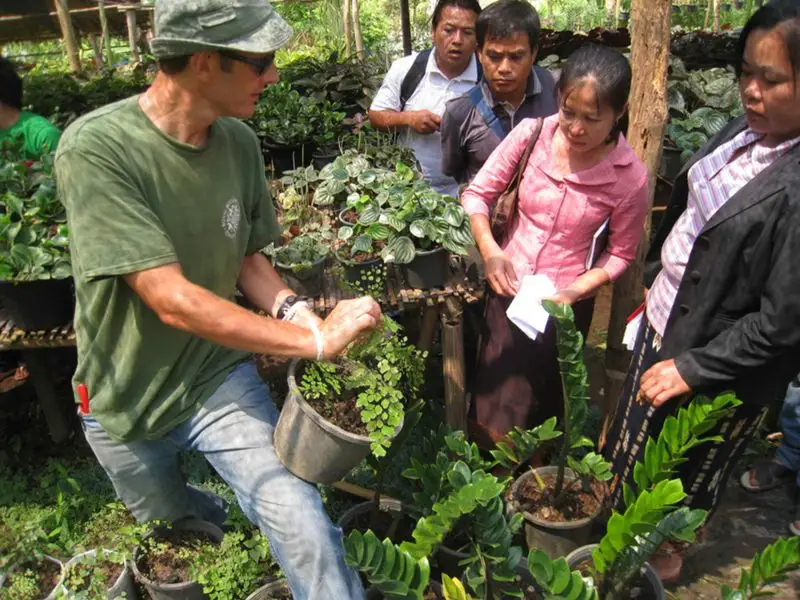
Gardening with bare hands often leads to minor scrapes and cuts. Yet, these small injuries open the door to rediscovering natural remedies. Plantain leaves or aloe vera become allies in healing.
This return to nature’s pharmacy is both practical and empowering. It revives ancient knowledge and fosters a self-reliant approach to gardening. The simple act of treating hands with herbs cultivated in the garden enhances the connection to the earth, making gardening a truly holistic experience.
Experiencing Seasons Firsthand
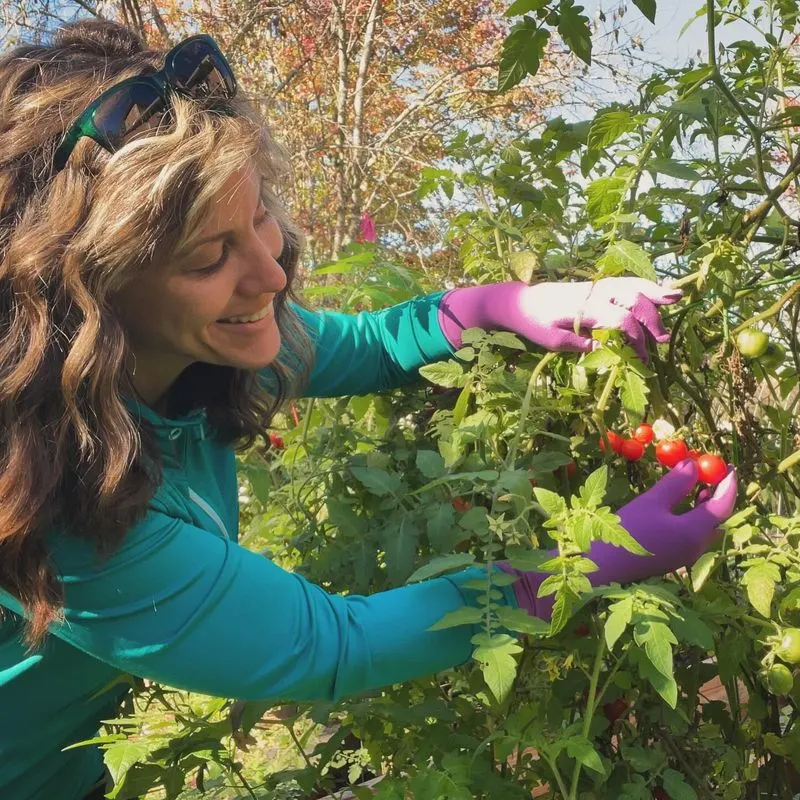
The bare-handed gardener experiences each season intimately. From the chilly bite of winter soil to the warm, crumbly texture of summer earth, hands tell the story of passing time. This firsthand experience enriches one’s understanding of seasonal cycles.
Gardening becomes a year-round conversation with nature, where each temperature shift or rain shower shares a lesson. This direct interaction with the elements enhances appreciation for the changing garden landscape, fostering a deeper bond with the natural world.
Gaining a Sense of Achievement
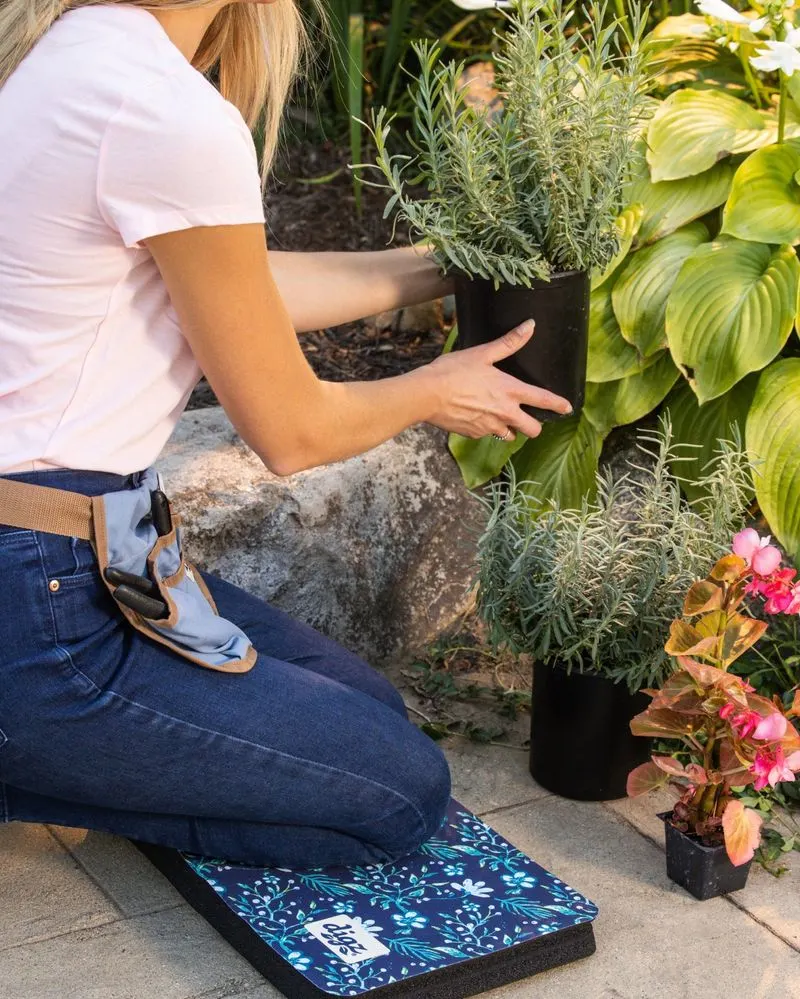
The satisfaction of seeing a garden thrive is magnified when felt with bare hands. Each seed planted and each weed pulled is a personal victory. The tactile feedback reinforces the gardener’s role in the cycle of growth and renewal.
This hands-on approach makes achievements tangible, connecting effort with reward. It’s a grounding experience, reminding the gardener of their integral role in nurturing life. This sense of accomplishment is both humbling and inspiring, a constant motivator to continue the garden’s care.
Cultivating Mindfulness
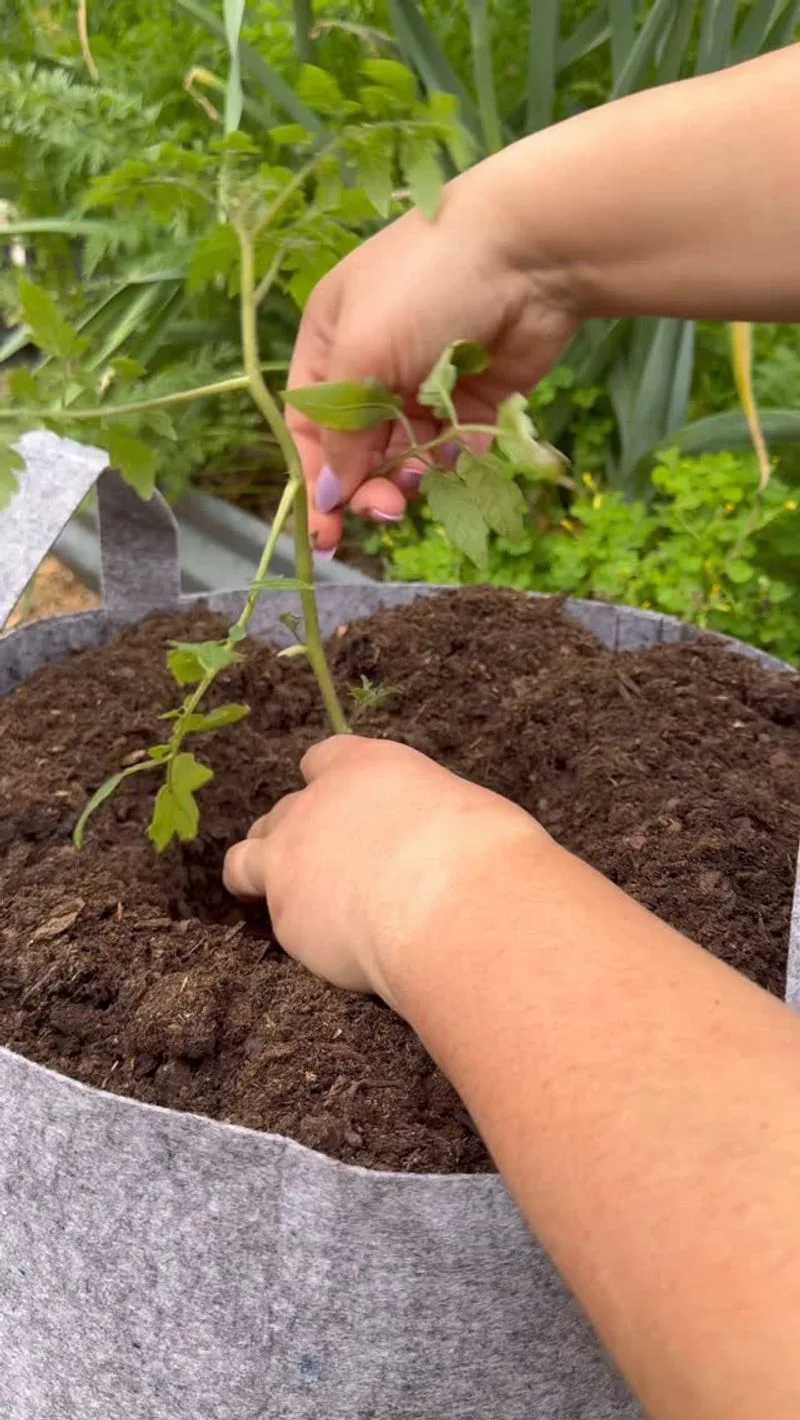
Gardening bare-handed transforms the activity into a mindful practice. The focus shifts to the present moment, where each sensation becomes part of a meditative flow. Touching the earth encourages mindfulness, enhancing the connection between mind and garden.
This practice cultivates a calm, centered state, reducing stress and promoting well-being. The rhythmic nature of gardening, combined with tactile engagement, provides a therapeutic escape. Embracing mindfulness in the garden nurtures both plants and soul, fostering a holistic approach to wellbeing.

